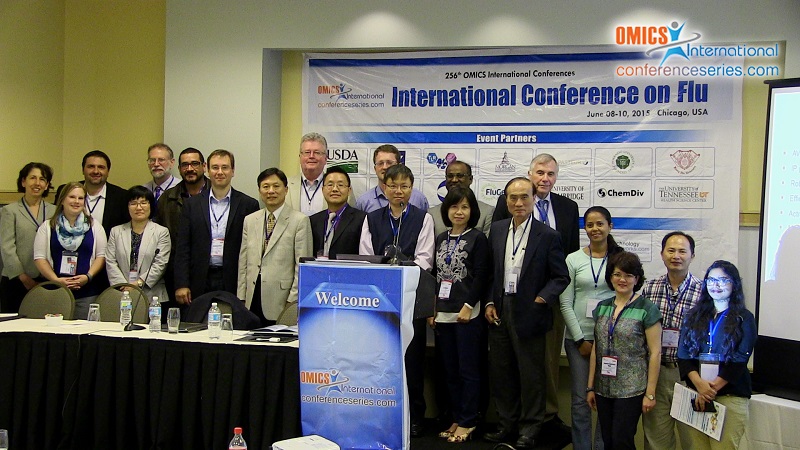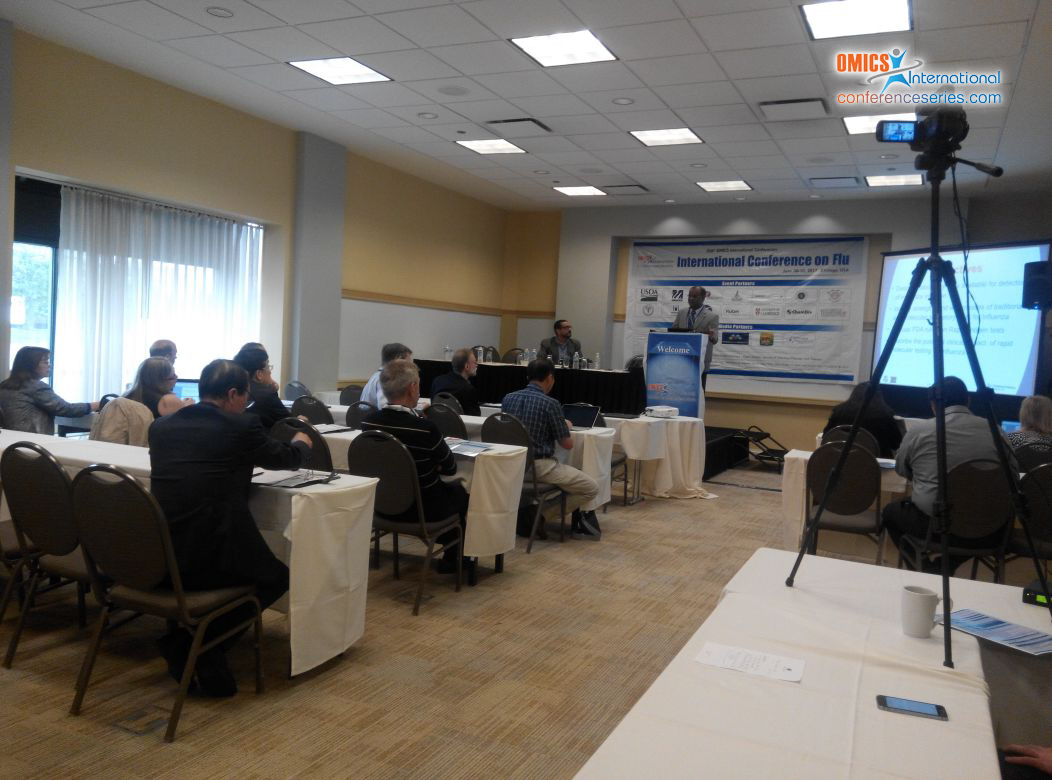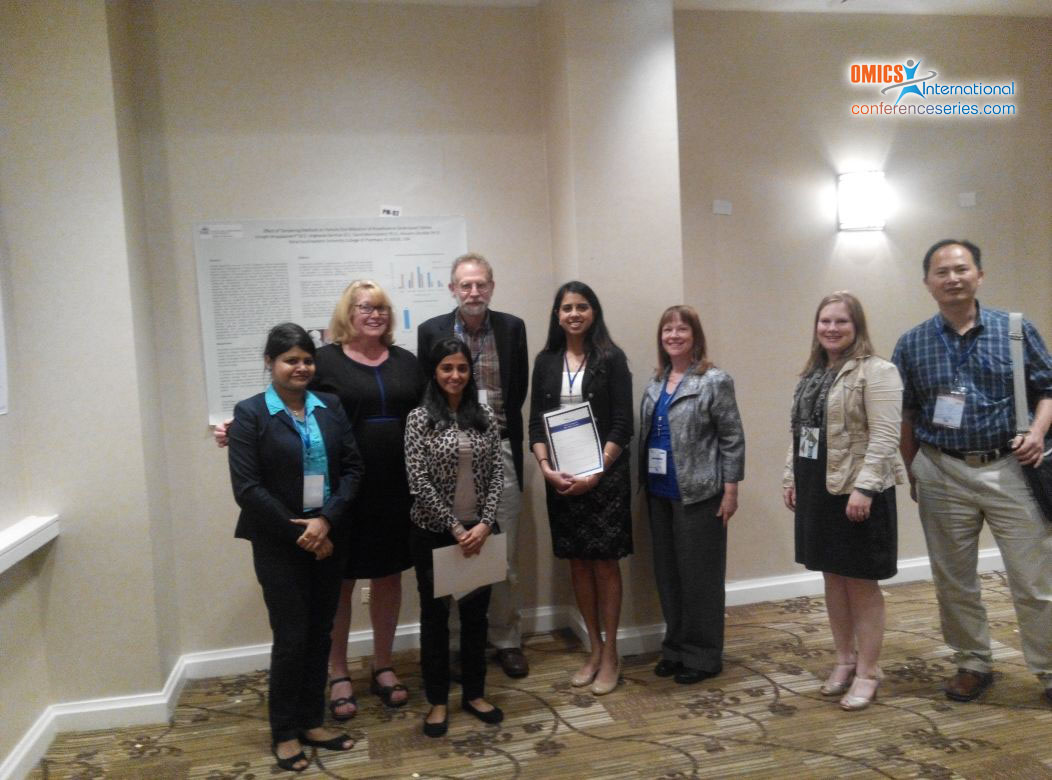
Masayuki Noguchi
Professor, Hokkaido University, Japan
Title: Modulation of the status of influenza infection by Akt peptide inhibitor Akt-in
Biography
Biography: Masayuki Noguchi
Abstract
The possibility of the pandemic spread of influenza viruses highlights the need for an effective cure for this life-threatening disease. Influenza A virus, belonging to a family of orthomyxoviruses is a negative-strand RNA virus which encodes 11 viral proteins. A number of intracellular signaling pathways in the host cells interact with influenza the viral proteins, which affect various stages of viral infection and replication. In this study, we investigated how inhibition of Akt kinase activity impacts on influenza virus infection by using “Akt-in”, a peptide Akt inhibitor. In PR8 influenza-infected A549 cells, Akt interacted with the NS1 (Non structural protein1), and hence increased phosphorylation of Akt kinase activity and NS1. Treatment of cells with either “TCL1-or TCL1b-based Akt-in” efficiently suppressed Akt kinase activity while decreasing the levels of phosphorylated NS1; this, in turn, inhibited viral replication in a dose- and time-dependent manner. The inhibitory effect on viral replication appears to not be due to inhibition of the production of inflammatory cytokines, including IL-6 and IL-8, in the host cells. Inhibition of Akt kinase activity in the host cells inhibited the efficiency of viral entry, which is associated with decreased levels of phosphorylated glycogen synthase kinase 3, a substrate of Akt. Further, Akt-in treatment of the host cells, which inhibited Akt kinase activity, modestly enhanced induction of autophagy. Taken together, inhibition of Akt kinase activity in host cells may have therapeutic advantages for influenza virus infection by inhibiting viral entry and replication.



